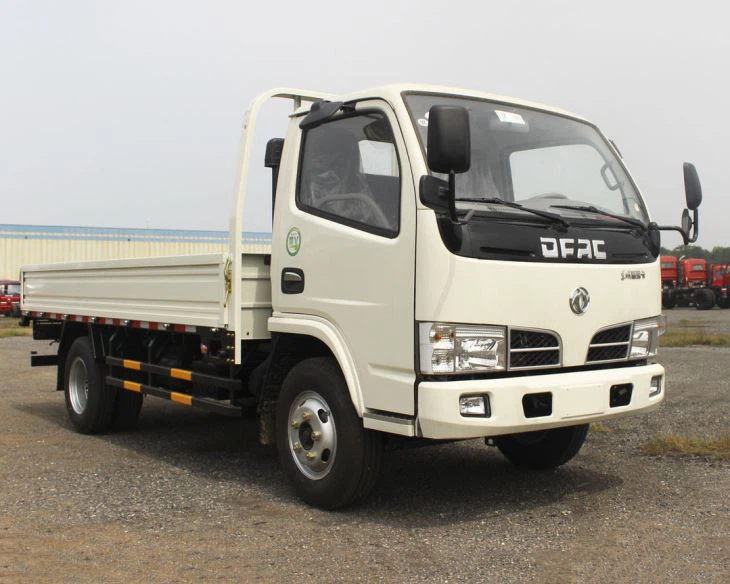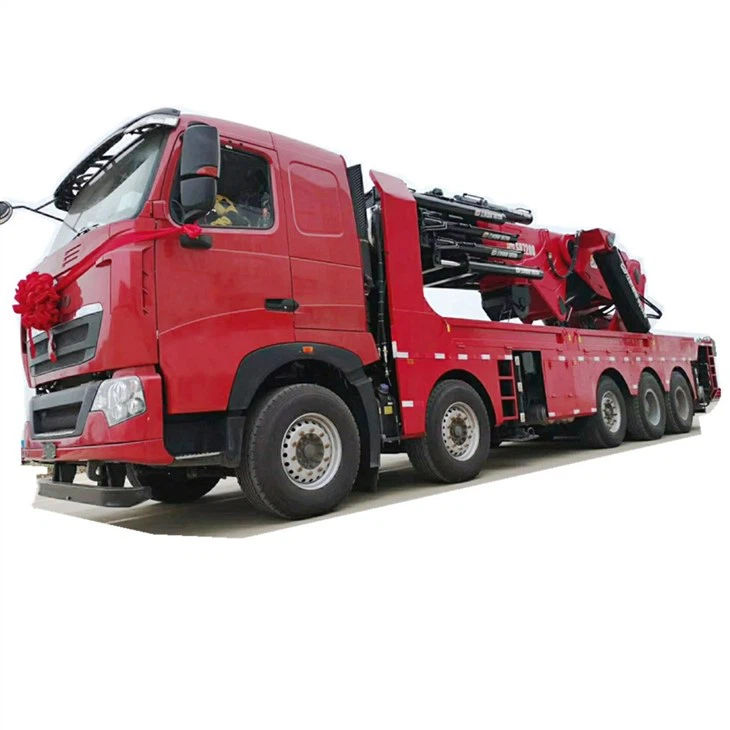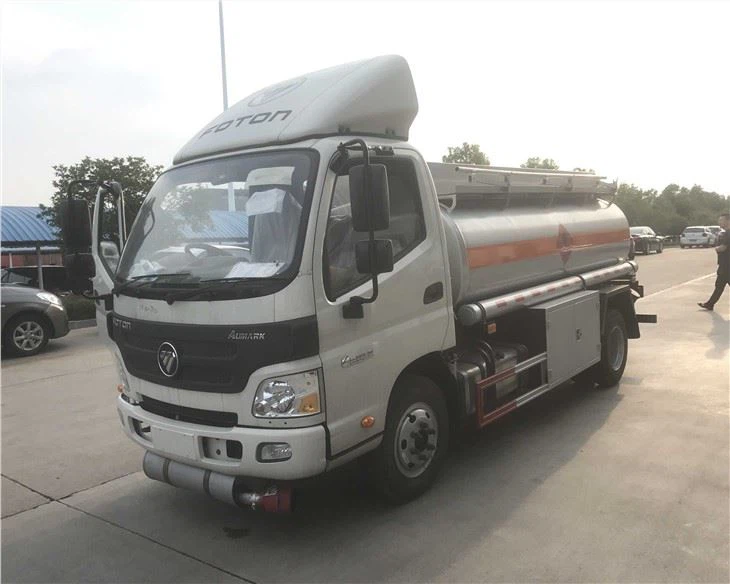Cement pump trucks are essential equipment in the construction industry, facilitating the efficient transport of concrete to different job sites. This article will provide an in-depth look at cement pump trucks, their features, benefits, and what to consider when buying one. Whether you’re a contractor, construction manager, or a DIY enthusiast, understanding cement pump trucks can significantly improve your projects’ efficiency and quality.
What is a Cement Pump Truck?
A cement pump truck is a specialized vehicle designed to transport and pump concrete directly to the desired location on a construction site. Unlike traditional methods of pouring concrete, which require considerable manual labor and time, cement pump trucks streamline the process significantly.
Types of Cement Pump Trucks
There are two main types of cement pump trucks:
1. Boom Pumps
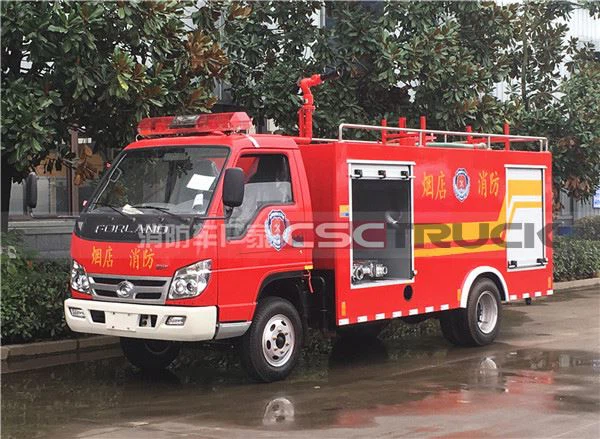
These trucks come with a hydraulic arm that can extend and articulate, allowing concrete to be poured at various heights and distances. Boom pumps are ideal for large construction sites with complex pour requirements.
2. Line Pumps
Line pumps use a series of hoses to transport concrete from the truck to the desired location. They are more versatile than boom pumps and can be used in smaller spaces, making them suitable for residential projects and tight construction sites.
Benefits of Using a Cement Pump Truck
Cement pump trucks offer several advantages over traditional concrete pouring methods:
1. Efficiency
With a cement pump truck, the time taken to pour concrete is drastically reduced. They can pump large volumes of concrete quickly, helping to meet tight deadlines.
2. Precision
The ability to direct the flow of concrete accurately ensures that it reaches the exact location needed, minimizing waste and ensuring better quality control.
3. Accessibility
Cement pump trucks can reach hard-to-access areas such as high rises, congested sites, or areas with limited space, allowing for greater flexibility in construction projects.
Key Features to Look for in a Cement Pump Truck
When searching for a cement pump truck for sale, consider the following features:
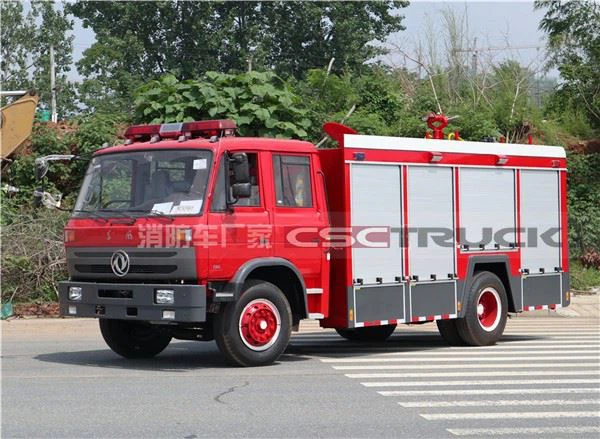
1. Pumping Capacity
The capacity of the pump, measured in cubic meters per hour (m³/h), indicates how much concrete it can handle. Make sure the pump capacity matches your project’s requirements.
2. Reach and Height
The reach of the boom (for boom pumps) is crucial for high-rise buildings or sites with obstacles. Check the manufacturer’s specifications for maximum boom extension and height.
3. Engine Power
A powerful engine ensures the truck can handle heavy loads and challenging conditions. Look for trucks equipped with reliable engines from reputable brands.
4. Maintenance and Durability
Select a cement pump truck made from high-quality materials that require minimal maintenance. A robust design prolongs the lifespan of the equipment.
Buying a Cement Pump Truck: New vs. Used
Deciding between a new and a used cement pump truck is a crucial consideration. Here are some pros and cons:
New Cement Pump Trucks
Pros:
- Latest technology and features.
- Manufacturer warranties and support.
- Customizable options based on needs.
Cons:
- Higher initial investment.
- Depreciation value drops quickly.
Used Cement Pump Trucks
Pros:
- Lower cost compared to new trucks.
- Rapid value recovery due to less depreciation.
Cons:
- Potential maintenance issues.
- Lack of warranty or support.
- Older technology with fewer features.
Where to Find Cement Pump Trucks for Sale
Here are some options for finding cement pump trucks:
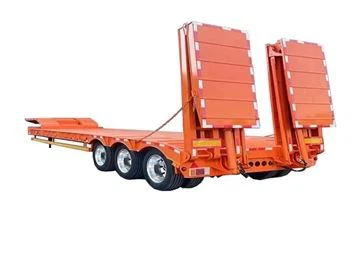
1. Online Marketplaces
Websites like MachineryTrader, eBay, and ConstructionTrader often list new and used cement pump trucks for sale. Be sure to check reviews and ratings to ensure you’re dealing with reputable sellers.
2. Manufacturer Websites
Many manufacturers sell directly to consumers or have dealer networks that can assist you in locating a new or used truck, providing comprehensive specifications and warranties.
3. Local Dealerships
Local heavy equipment dealerships often carry a selection of cement pump trucks. Visiting a dealership may also allow you to inspect the trucks firsthand and arrange for a test drive.
financing Options for Cement Pump Trucks
Many companies offer financing to help you acquire a cement pump truck without a significant upfront investment. Here are several financing options:
1. Equipment Loans
Banks and lending institutions provide loans specifically for equipment purchases. These typically come with fixed or variable interest rates over a specified time frame.
2. Leasing
Leasing allows you to rent a cement pump for a specific period, with the option to purchase it at the end of the lease term. This can be beneficial for short-term projects without a need for ownership.
3. Manufacturer Financing
Many equipment manufacturers offer in-house financing options that can be more flexible than traditional loans, often with lower rates and extended payment terms.
Maintenance Tips for Cement Pump Trucks
To ensure longevity and optimal performance, regular maintenance is crucial. Here are some maintenance tips:
1. Daily Inspections
Before each use, conduct a visual inspection of the truck, checking for visible damage, leaks, and proper function of the pump and boom.
2. Regular Cleaning
Concrete residue can harden and cause blockages. Clean hoses and parts thoroughly after each use to prevent build-up.
3. Lubrication
Ensure all moving parts are properly lubricated according to the manufacturer’s recommendations to prevent wear and tear.
4. Scheduled Professional Maintenance
Follow the manufacturer’s maintenance schedule and consider hiring professionals for periodic inspections and repairs to avoid unexpected failures.
Practical Examples
Understanding how cement pump trucks are utilized can enhance their perceived value in your projects. Here are some practical examples of their effectiveness:
1. High-Rise Construction
Cement pump trucks are vital in high-rise buildings, where traditional methods are impractical. Boom pumps can reach the top floors, delivering concrete directly where needed.
2. Bridge Construction
During bridge construction, cement pump trucks ensure the quick and precise delivery of concrete to specific sections of the span, minimizing downtime in a logistically challenging environment.
3. Residential Projects
For residential buildings, line pumps allow for precise pours in confined spaces or around obstacles, making them an excellent choice for home constructions or renovations.
FAQ Section
1. What is the typical cost of a cement pump truck?
The cost of a cement pump truck can vary widely, ranging from $50,000 for used models to over $300,000 for new high-capacity trucks.
2. How long can a cement pump truck last?
With proper maintenance, a well-maintained cement pump truck can last anywhere from 10 to 15 years.
3. Can I use a cement pump truck for different types of concrete?
Yes, cement pump trucks can handle different types of concrete mixtures, including lightweight concrete, shotcrete, and high-strength concrete, depending on the pump specifications.
4. Are cement pump trucks environmentally friendly?
Cement pump trucks reduce waste due to precision in delivery, minimizing the use of excess materials. Additionally, the optimization of time helps in reducing the carbon footprint of construction activities.
5. How do I ensure the right size of a cement pump truck for my project?
Evaluate the project requirements, including distance, height, and volume of concrete needed. Work with professionals to determine which pump capacity and type best suit your needs.
6. Is operator training necessary for using a cement pump truck?
Yes, proper training is essential. Operators should know the safety protocols, maintenance routines, and proper usage to ensure efficient and safe operation of the cement pump truck.
